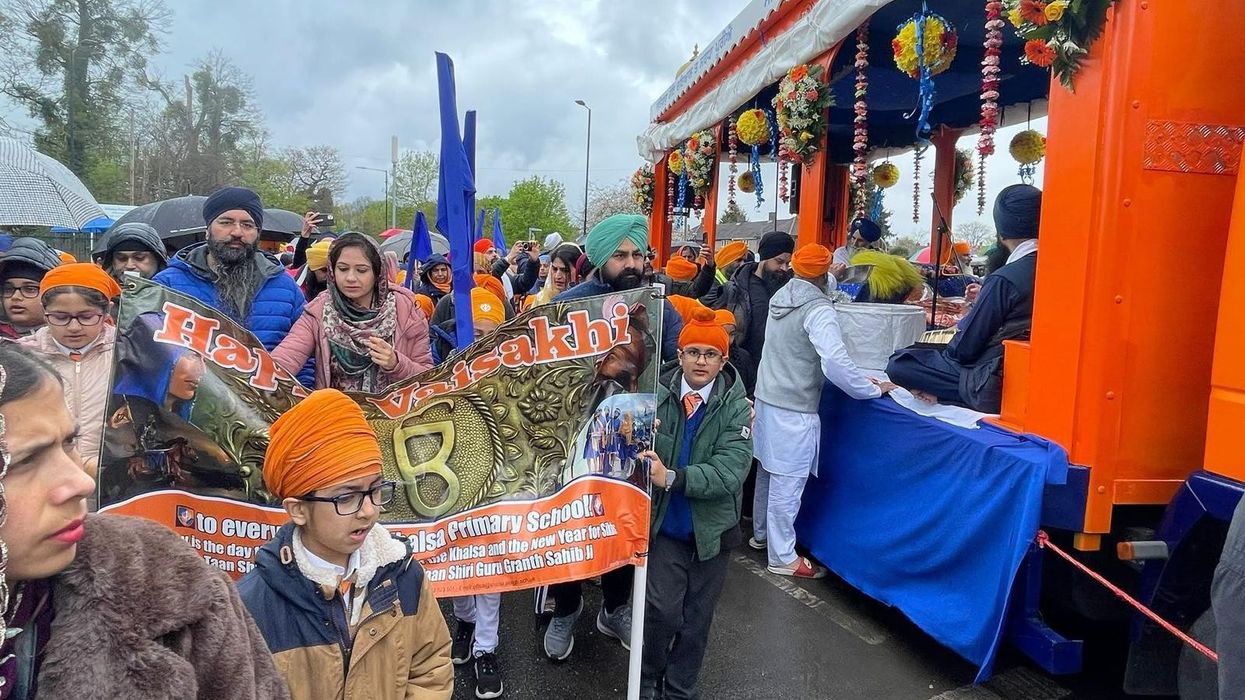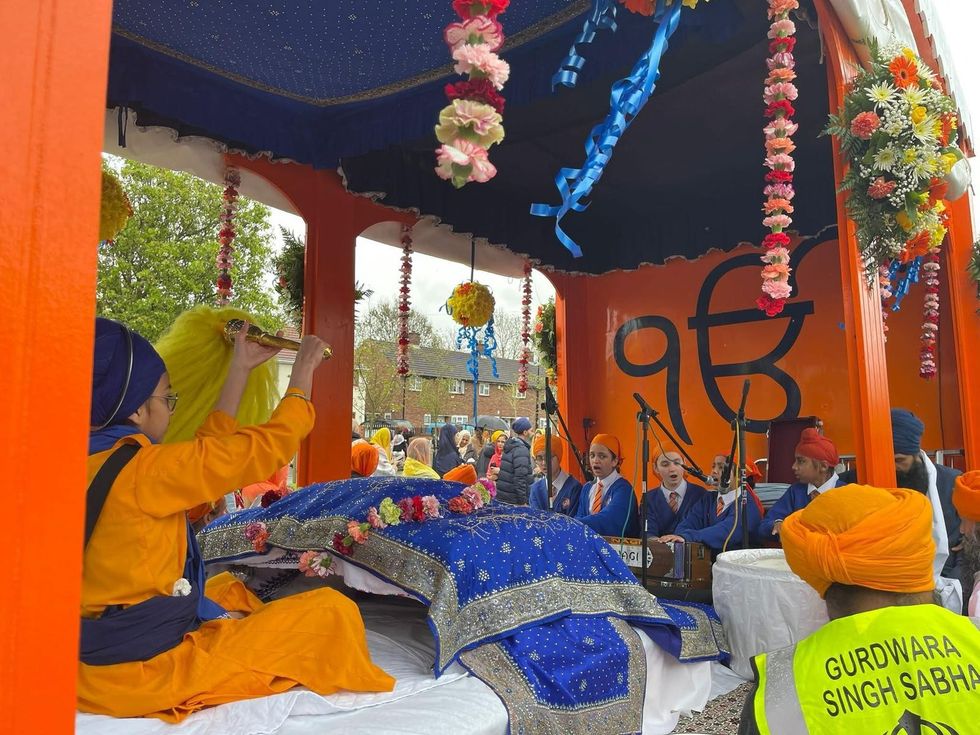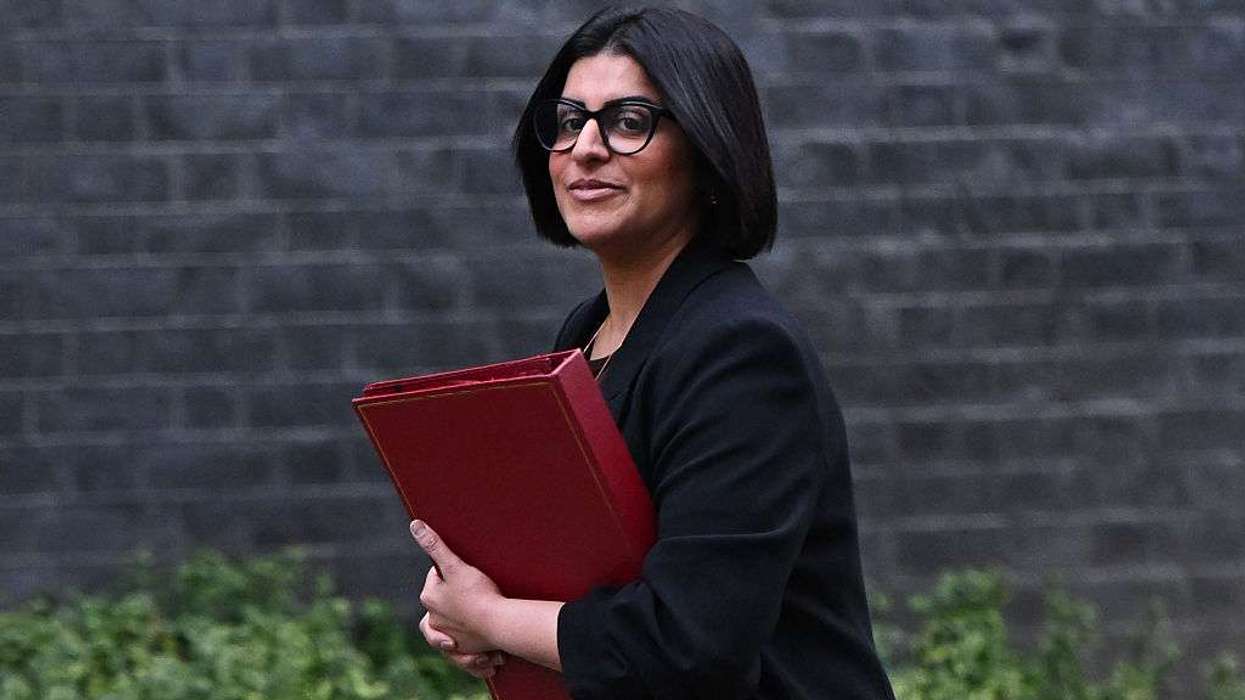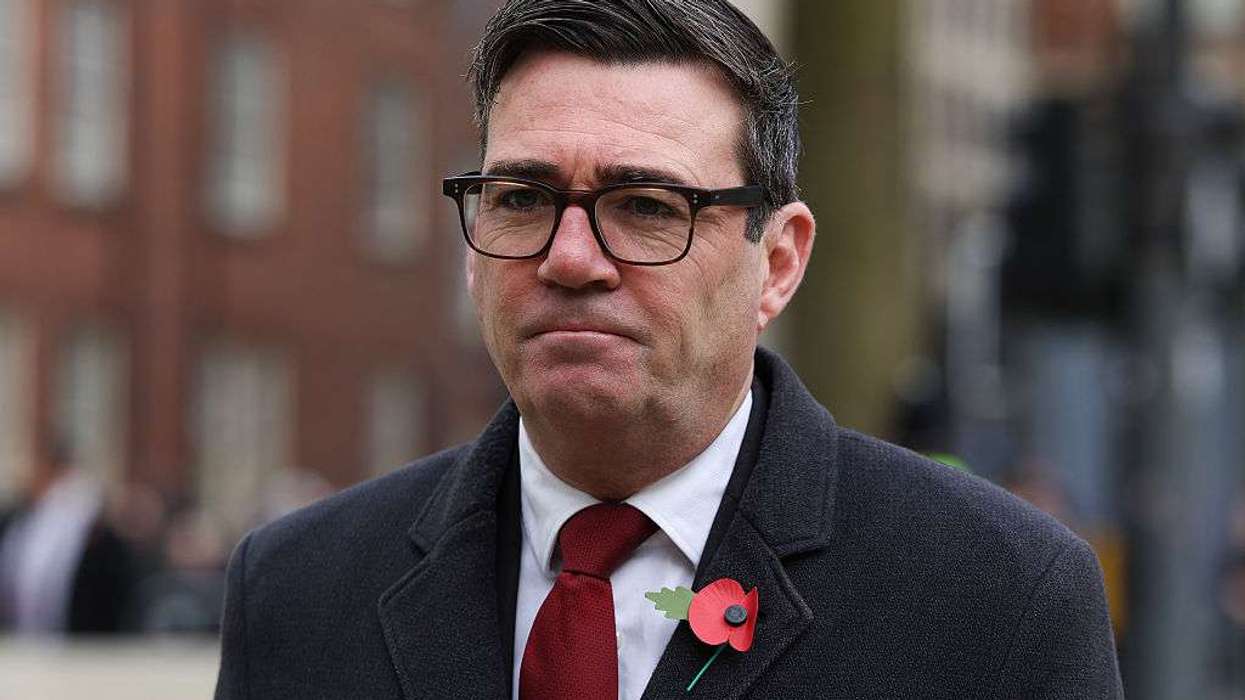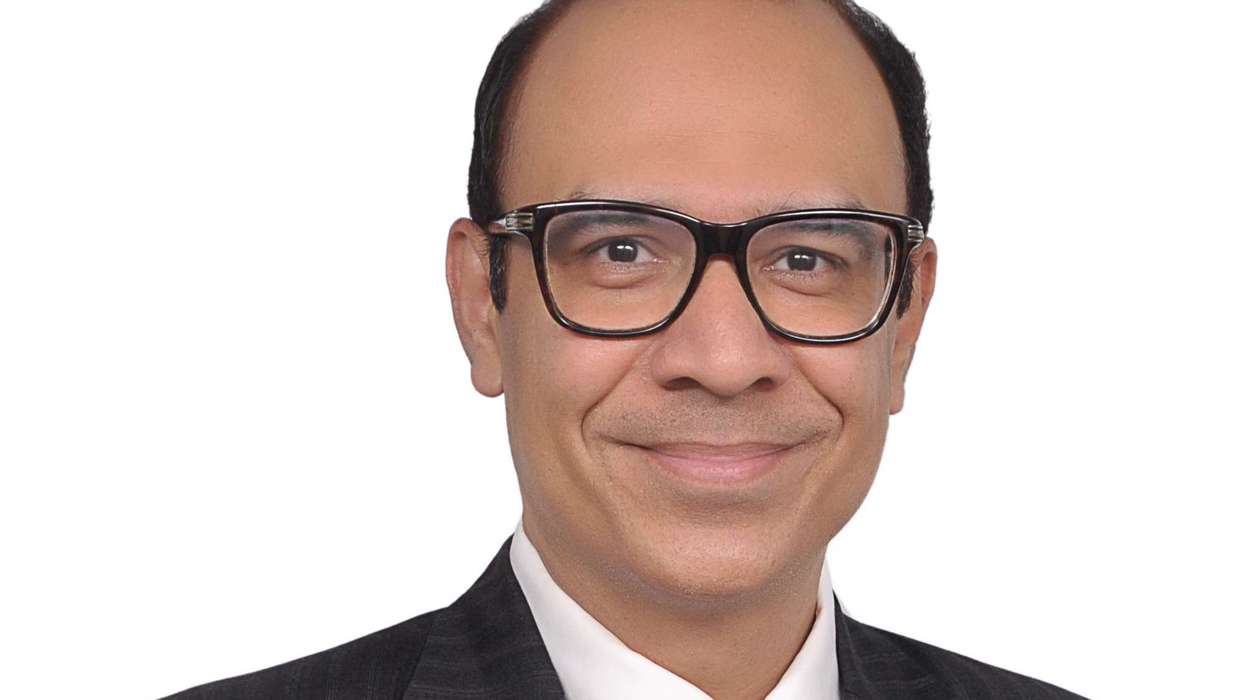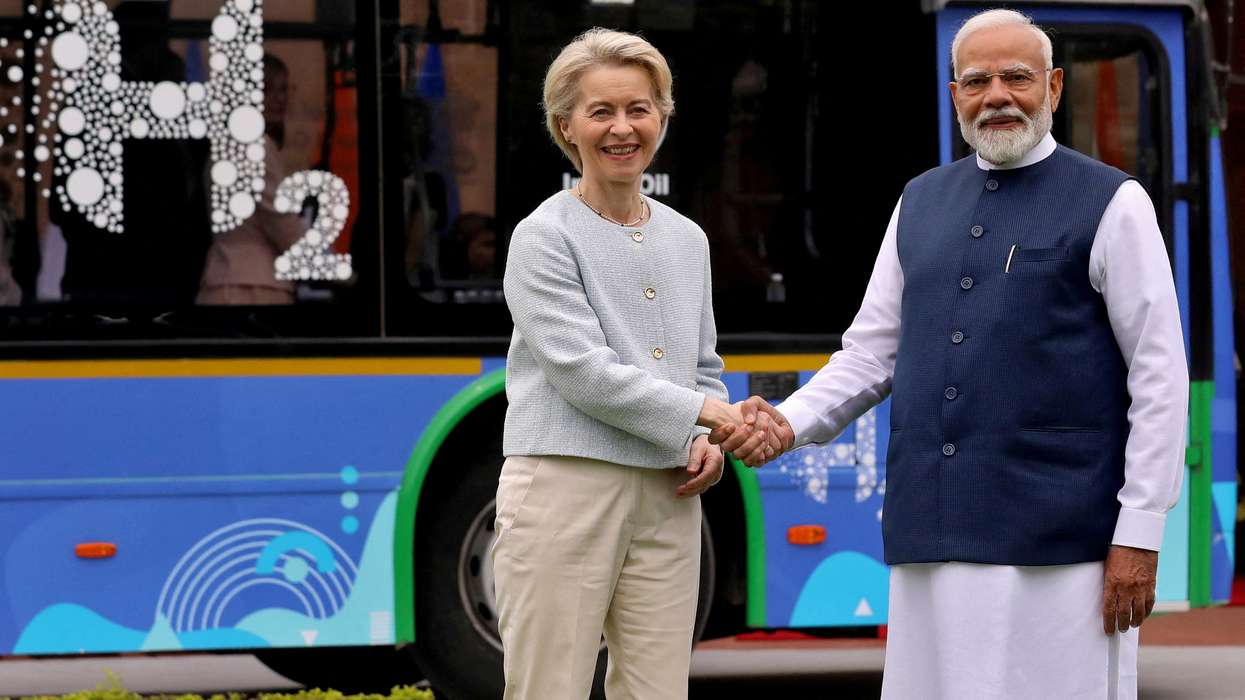THOUSANDS of Sikhs will come together across the UK to celebrate Vaisakhi next Monday (14) through colourful Nagar Kirtans.
This year’s festivities are especially meaningful, marking five years since the Covid pandemic disrupted events and gatherings, including Vaisakhi.
Vaisakhi marks the birth of the Sikh faith, the Khalsa, a collective of committed Sikhs who are leaders and defenders of the Sikh way and it is one of the biggest celebrations for the community.
In 1699, the 10th Sikh guru, Guru Gobind Singh, asked for anyone who was prepared to give their life for their religion.
Five young men stepped forward, one by one, and came back wearing turbans – they became the Panj Pyare, or the five beloved. The guru then initiated them, and so they became the first members of the Khalsa.
Nagar Kirtans take place across the UK and abroad; they are peaceful street processions which include prayers and the singing of hymns, as well as flag- waving the Nishaan Sahib and martial arts displays.
Thousands come together to celebrate Vaisakhi, but it’s taken some time to get it to where it was. During the Covid pandemic, many Sikhs couldn’tvisit the gurdwara, a place of worship to meet the congregation.
Nagar Kirtans unite people who walk through the streets for hours reciting hymns, prayers. People set up stalls on the side of the streets serving vegetarian food, snacks and water. This is all a selfless service that Sikhs call ‘sewa’ or giving back.
After the street procession ends, the Sikh community heads back to the gurd- wara for a final prayer and langar is served – a hot vegetarian meal. This is the free community kitchen which is open to all, regardless of their background.
Rupee Chagar, a volunteer at the Sikh Centre in Reading, helps to prepare the langar. Chagar told Eastern Eye: “Preparing langar, in the context of Sikhism, means more than just cooking and serving food. It is an act of selflessness, equality, and community service. Langar is a free meal served to all people, regardless of their background, religion, or status, and preparing it is considered a form of sewa (selfless service).
“To prepare langar, you are engaging in a practice that reflects the core Sikh principles of humility, generosity, and the importance of sharing with others. It’s about contributing to a communal effort, creating a space where all people can sit together as equals, regardless of their differences.
“Preparing langar might bring a sense of fulfilment, knowing that one is part
of a long tradition of serving others, helping to foster a sense of unity, and contributing to the well-being of one’s community. It can also be a deeply spiritual experience, a way of practising gratitude, patience, and mindfulness while working in the kitchen to provide nourishment for others.
“Ultimately, it’s an opportunity to live out the values of Sikhism – compassion, humility, and community – by serving others selflessly and making sure that everyone has access to food.”
Kuldeep Kaur Gill, from Northolt, said: “The Vaisakhi mela is the learning experience for young children, a reminder to all Sikh believers of their faith. A celebration to commemorate the five panj pyaras, regardless of their creed, caste or class status, in order to make us humble in humanity that we are proud of our teachings by our Guru Nanak Devji.
“That’s how Nagar Kirtan is led by five pyaras. It’s a celebration of the arrival of spring in saffron colour, new beginnings and new life to go on with our zest and passion. I am happy to see it back in full swing as this year marks five years since Covid, it wasn’t easy not being able to celebrate like we normally would.”
The Sikh community welcome everyone who would like to join and through April and May there will be one near you; if you would like to know more, contact the local gurdwara.
